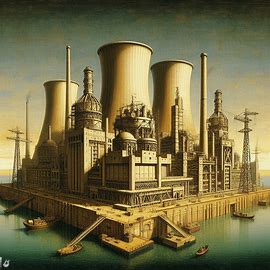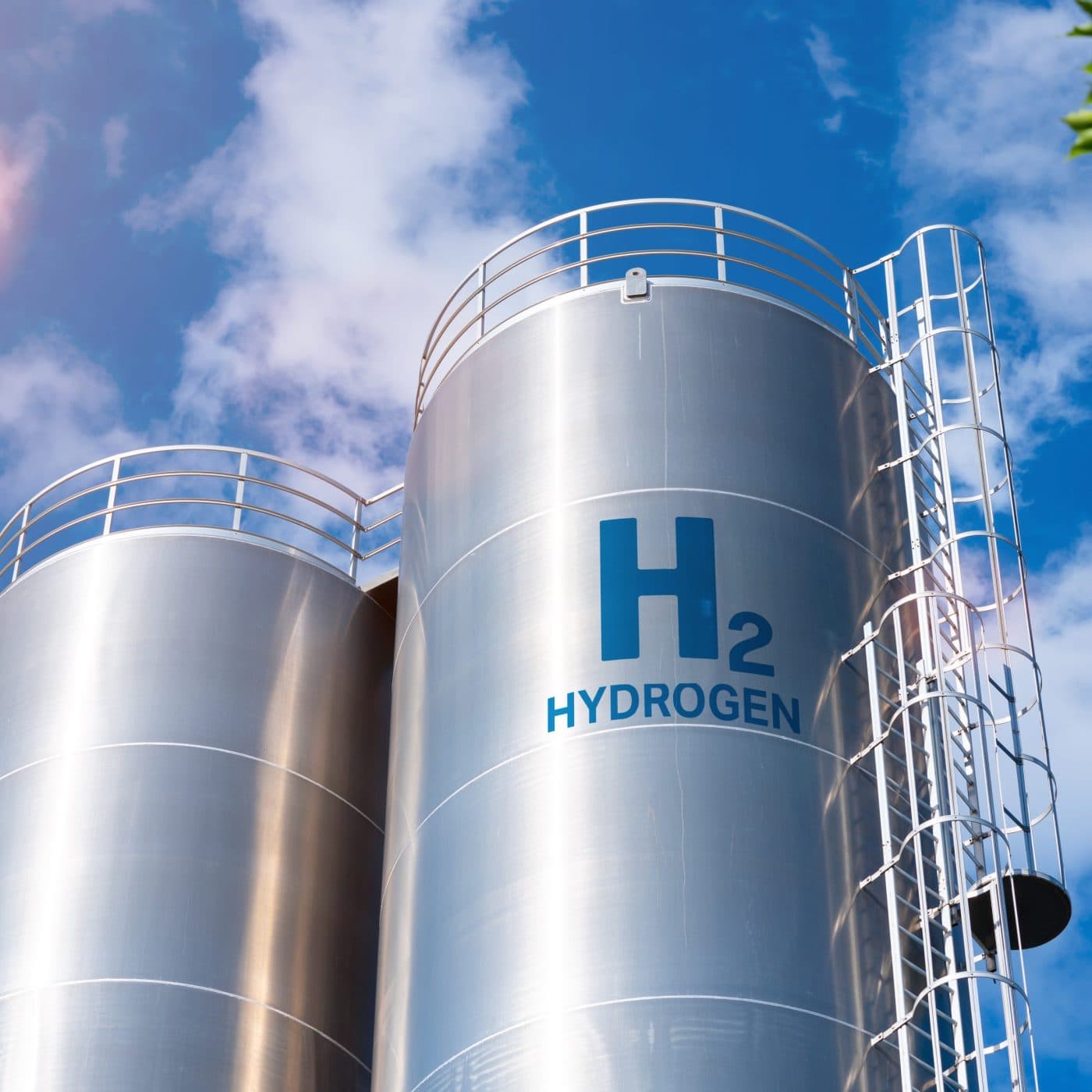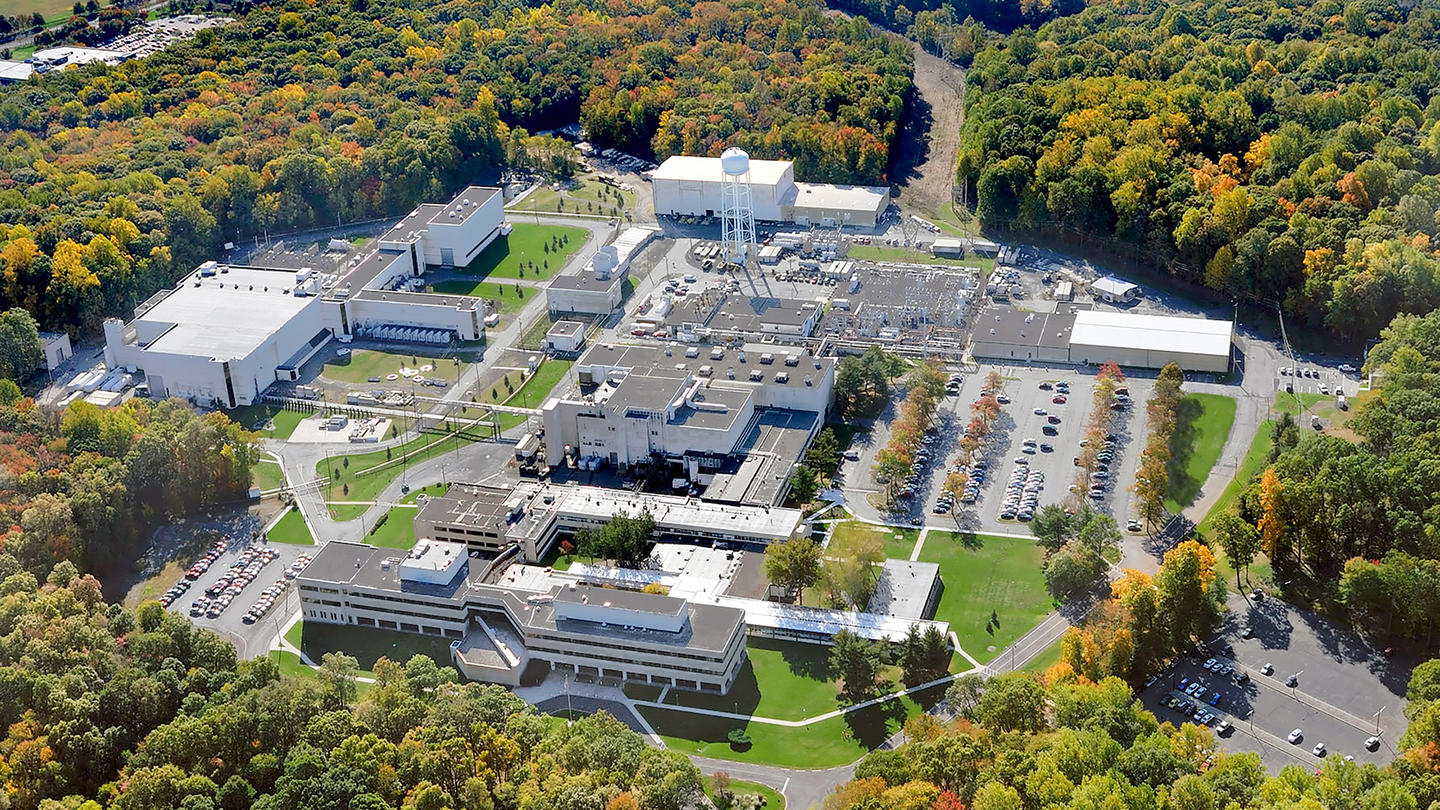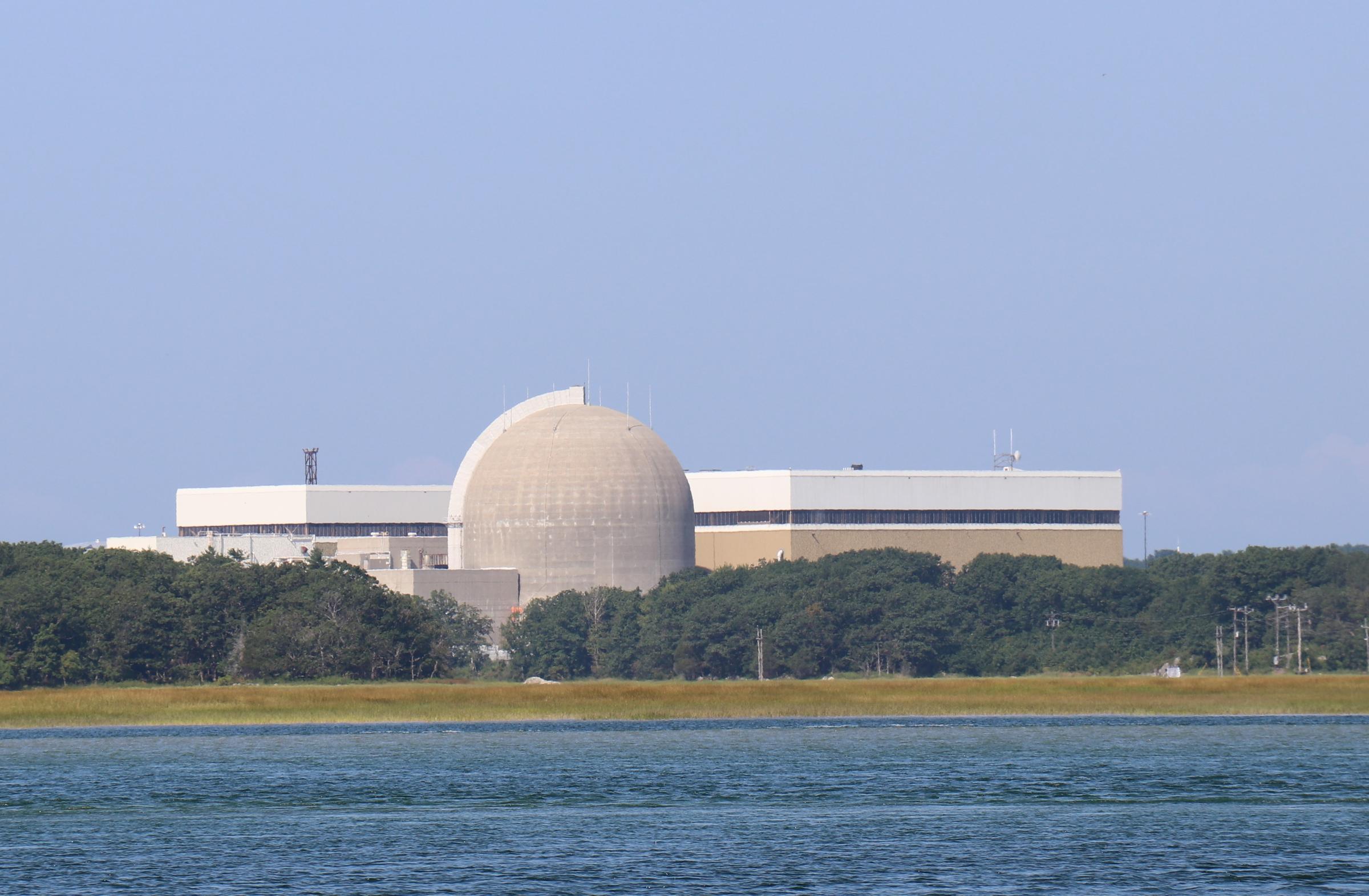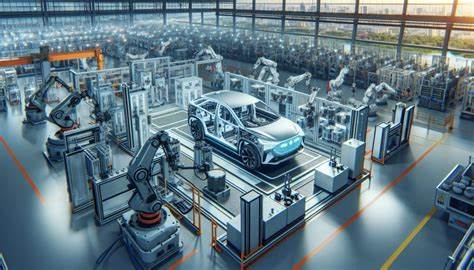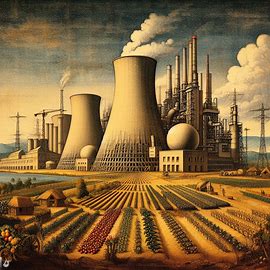
Nuclear energy has emerged as a pivotal force in the global energy landscape, offering a multitude of advantages that contribute to sustainability and environmental responsibility. Here, we explore the top five advantages that make nuclear energy a compelling solution for meeting the increasing demand for power.
5 Key Benefits of Nuclear Energy
1. It’s a Low-Carbon Energy Source
At the forefront of nuclear energy’s advantages is its classification as a low-carbon energy source. In comparison to alternatives like fossil fuels, nuclear power boasts a significantly smaller carbon footprint. The inherent nature of nuclear fission, the process driving nuclear energy, minimizes carbon emissions during electricity generation.
2. Small Carbon Footprint Compared to Alternatives
The environmental impact of nuclear energy is notably smaller when contrasted with alternatives such as fossil fuels. While construction and fuel processing do contribute to carbon dioxide (CO2) emissions, the operational phase of nuclear power stations is characterized by low emissions. This longevity and efficiency make nuclear power a cost-effective and environmentally responsible choice in the long run.
3. Key to Combating Climate Change and Reaching Net Zero
Nuclear energy emerges as a key player in the global effort to combat climate change and achieve net-zero emissions. As nations strive to reduce their carbon footprint, the reliability and efficiency of nuclear power contribute significantly to meeting the increasing demand for energy while keeping emissions low.
4. Safe and Reliable – Providing Power Whatever the Weather
One of the standout advantages of nuclear energy is its safety and reliability, offering a consistent power supply irrespective of weather conditions. Nuclear power stations, built with robust designs and safety measures, ensure a stable energy output, addressing the intermittency associated with renewable sources like wind and solar.
5. Synergy of Nuclear and Renewable Energy for Climate Change Mitigation
Countries that integrate nuclear and renewable energy sources in their energy portfolios exhibit greater success in combating climate change. The synergy between these two sources ensures a reliable and diverse energy mix, enhancing the stability of electricity grids and supporting the transition towards a sustainable future.
Why Do We Use Nuclear Energy?
A Low-Carbon Energy Source
The increasing global demand for energy necessitates responsible and sustainable solutions. Nuclear power emerges as a low-carbon energy source that meets this demand while keeping CO2 emissions in check. Despite substantial initial investments, nuclear power stations prove cost-effective over the long term.
How We Produce Nuclear Energy
It’s All About Chemistry
The generation of nuclear energy revolves around the chemistry of nuclear fission. Uranium atoms undergo fission inside reactor vessels, releasing heat when split by neutrons. The ensuing process involves heating water, producing steam, and driving turbines to convert mechanical energy into electrical energy. The efficiency of nuclear energy is highlighted by the fact that a single uranium fuel pellet can produce as much energy as 800kg of coal.
A Long-Term, Low-Carbon, Reliable Energy Solution
Nuclear energy’s reliability makes it a long-term, low-carbon solution to meet the energy demands of a country. With uranium as a widely available raw material, the existing network of nuclear reactors in the UK contributes 20% of the total electricity, running safely for over 60 years.
Nuclear Supports Net Zero
To achieve net-zero carbon emissions by 2050, a substantial increase in low-carbon power generation is imperative. Nuclear energy, with its non-dependence on weather conditions, complements renewable sources like wind and solar, ensuring stability in electricity grids.
Nuclear Energy is Safe
Safety is paramount in the nuclear energy industry, and it has maintained a strong track record. With stringent regulations and oversight by regulatory bodies, incidents involving the release of radiation offsite have been non-existent in the UK. The commitment to safety extends to the global experience of the EDF Group, with 58 nuclear reactors in France and a total of 78 reactors worldwide.
